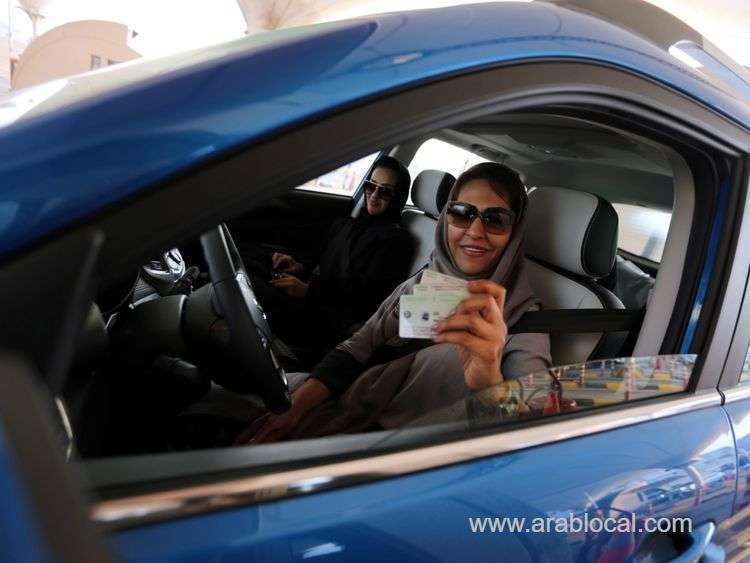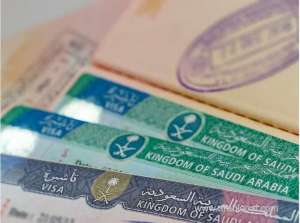It has been five years since Saudi Arabia witnessed a groundbreaking milestone as women were granted the right to drive, marking a significant step forward for women's rights in the kingdom. Jawhara Al Wabili, one of the country's first women drivers, embraced this reform as a revolutionary change, symbolizing the sweeping social transformations accelerated by Crown Prince Mohammad bin Salman.
Jawhara, a proud resident of Buraidah in central Saudi Arabia, wasted no time in exercising her newfound freedom behind the wheel. In addition to her personal achievement, she has selflessly provided free driving lessons to other women, recognizing the importance of this skill in a country where public transportation options are limited.
This milestone is just one example of the remarkable progress made in women's rights over the past few years. Today, Saudi women are breaking barriers and shattering glass ceilings in various fields. They have risen to become ambassadors, bank directors, university administrators, and even astronauts. In May 2023, Rayyanah Barnawi made history as the first Saudi female astronaut and the first Arab woman to embark on a journey to the International Space Station (ISS). During her time in orbit, she conducted crucial research in stem cells and breast cancer, aiming to inspire women across the Middle East.
The rapid transformation taking place in Saudi Arabia is part of Crown Prince Mohammad bin Salman's Vision 2030 plan, launched in 2016 to modernize the country. This visionary initiative seeks to empower women and create a more inclusive society. Significant changes have already been implemented, including the abolition of the male guardianship rule in 2019. Women now have the right to live independently, apply for passports, and establish their own businesses without the need for a male guardian's consent, typically a father, husband, or brother.
These reforms have had a profound impact, allowing Saudi women to pursue their ambitions and dreams. Marriam Mossali, CEO of Niche Arabia, a leading luxury communications consultancy in Saudi Arabia, highlights how Vision 2030 has placed Saudi women in the spotlight, giving them the recognition they deserve. Women are now actively participating on corporate boards, owning businesses, and serving as the faces of their brands.
The changes extend beyond the professional sphere and into everyday life. The role of the religious police has diminished, and gender segregation rules and mandatory abaya (traditional cloak) wearing have been abolished. Saudi officials proudly report that the proportion of Saudi women in the workforce has more than doubled since 2016, from 17% to 37%.
The transformation is evident to visitors as well, from the moment they step off the plane and are greeted by friendly, English-speaking female customs agents. Throughout the country, women can be seen driving for ride-sharing services like Uber, working as mechanics, and even operating high-speed trains that transport pilgrims to the holy city of Mecca.
The royal decree issued in September 2017 granting women the right to drive and obtain driving licenses marked a historic turning point. On June 24, 2018, Saudi women hit the road for the first time in three decades, marking a new era of freedom and empowerment.
Saudi Arabia's journey towards gender equality is far from over, but these significant advancements in women's rights demonstrate the country's commitment to progress and inclusivity. As the nation continues to transform, Saudi women are seizing opportunities, pursuing careers, and redefining their roles in society.








